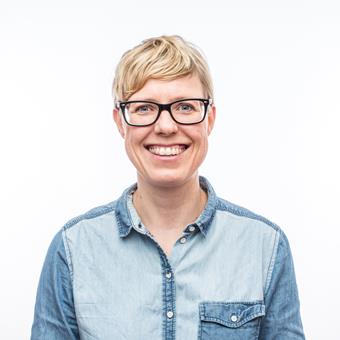Can a good story save the planet? (Swedish)
Frida Buhre is interviewed in newspaper Aftonbladet's article about the film "Greta" and the significance of symbols for a fossil-free future.
”Stop telling us that everything is fine” (Swedish)
Climate change cases has reached the courts. Around the world, the number of lawsuits is growing in the wake of notable victories for the climate movement, where the Netherlands and Germany have been forced to step up their efforts. In Sweden, a network of children and young people are preparing to sue the state. Field biologists Axel Eriksson, Gabriel Malmer and Sofie von Schenck support the case. Frida Buhre participates in the article in newspaper Sydsvenskan.
The children's voice in times of crisis (Swedish)
Who listens to children when schools are closed and warnings of a "lost generation" are heard? Hear children around the world who want to make their voices heard and listen to Greta Thunberg on how children can set the agenda. Jonathan Josefsson participates in Swedish Radio "The children's voice in times of crisis".
How to make a sign for the climate strike (Swedish)
Are you going on a school strike for the climate? Here are five tips to keep in mind when making your poster. Several of the tips come from Frida Buhre.
The aesthetics of joy and rage: Fridays for future affective expressions
The climate movement "Fridays for Future" is not only a political phenomenon that social scientists should try to understand, but it also consists of a young generation struggling with issues of a changing world. To understand the movement's creative and existential expression, philosophical, aesthetic and rhetorical perspectives on child participation – and their stories of growing up in a warmer world – are needed. Read Frida Buhres guest blog in Humtank (In Swedish).
Podcast
Child politics in times of crisis (Swedish)
In the podcast, Jonathan Josefsson talks about children and young people – and about the different strategies they acquire to influence and take power over their lives, and shake up the adult world. On climate activism, migration, education, gang crime and the fight for a voting age of 16 years. And about the concept of the child's best interests, where the clash between rhetoric and practice is often abysmal.

